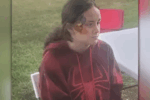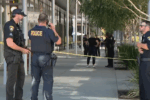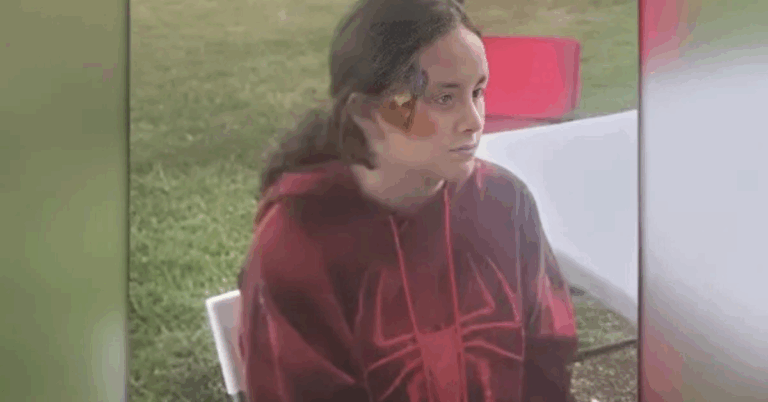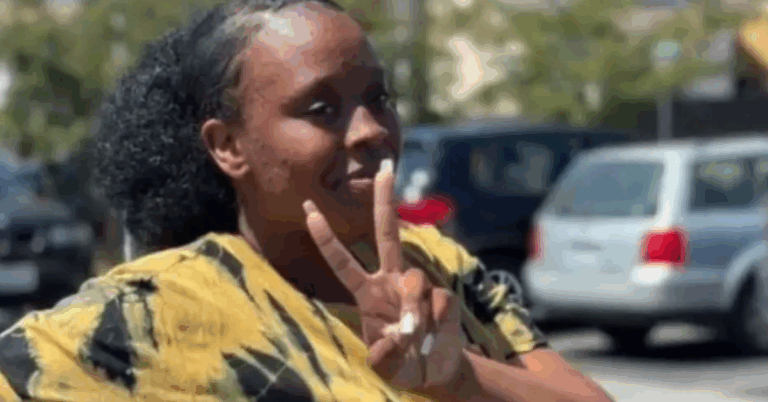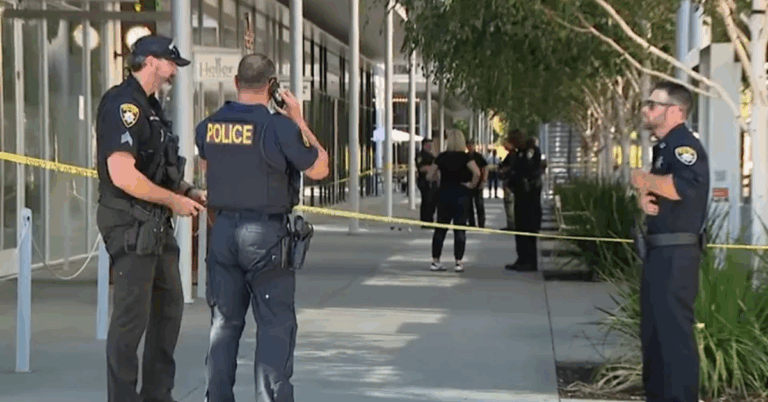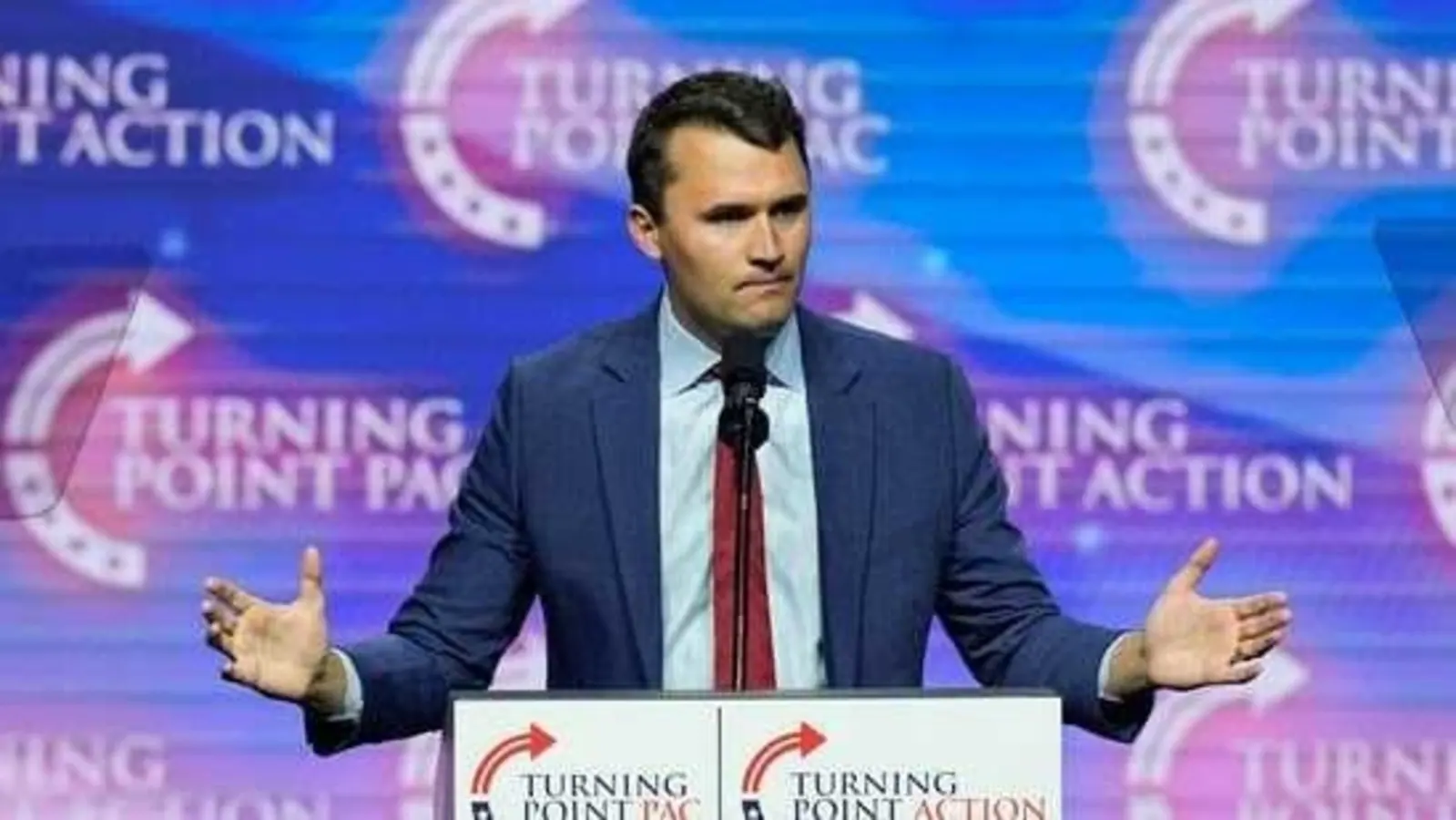
In a surprising development, around 70 teachers in Oklahoma are now under investigation following remarks made by conservative commentator Charlie Kirk. The comments, which criticized certain educational approaches, have stirred a heated debate around freedom of speech and the role of teachers in schools. This situation has raised questions about how educators should engage with political or ideological topics in the classroom.
Many parents, students, and officials are closely watching the fallout, as the investigations highlight broader tensions in today’s educational environment. While some see the actions as necessary to maintain professionalism and neutrality in schools, others argue it infringes on teachers’ rights to express their opinions. The controversy also sheds light on how education and politics often clash in public debates.
What Led to the Investigation?
Charlie Kirk, a well-known political activist and founder of Turning Point USA, recently made statements that challenged progressive teaching methods and criticized what he described as “indoctrination” in schools. Following this, reports emerged that several Oklahoma teachers had shared or supported these views publicly, prompting school authorities to launch investigations into their conduct.
According to [The Oklahoman](https://www.oklahoman.com/story/news/education/2024/05/10/teachers-investigated-oklahoma-charlie-kirk-comments-school-policy/17, 2024), 70 educators are being examined to determine if their actions violate school policies related to professionalism and political neutrality. The school districts claim their goal is to ensure that classrooms remain safe spaces free from partisan influence, especially when it touches on sensitive subjects like politics and history.
Reactions from Teachers and Supporters
The teachers under investigation and many education advocates argue that the process is unfair and punishes free speech. They believe teachers should be allowed to have personal views, provided they do not disrupt the educational process or discriminate against students.
The Role of Politics in Schools
This case highlights the tricky balance between maintaining a politically neutral educational system and permitting free expression. Schools aim to educate students without bias, but educators also want the freedom to share diverse viewpoints.
Experts say that political discussions in classrooms can be both beneficial and risky. When handled carefully, they encourage critical thinking and help students understand different perspectives. However, if discussions become too partisan or one-sided, they may alienate students and create division.
What’s Next for the Investigations?
Currently, the investigations are ongoing, and no final decisions have been made about the teachers’ employment status or any disciplinary actions. Authorities have promised a fair review process but have also emphasized the importance of upholding school policies.
Many are watching to see if this case will set a precedent for how schools handle similar incidents in the future. Will educators face more scrutiny if they share politically charged opinions, or will there be clearer guidelines protecting both free speech and educational integrity?
Conclusion
The investigation of 70 Oklahoma teachers following comments by Charlie Kirk shines a light on the complex relationship between education, politics, and freedom of speech. As society wrestles with how to manage these issues, schools will need thoughtful policies that balance respect for diverse views and the need to provide unbiased education.
For students and parents, this event serves as a reminder of how sensitive and important discussions about politics can be within the learning environment. Whether in India or the United States, the goal should be to create classrooms that foster respectful dialogue and allow young people to develop their own informed opinions.

